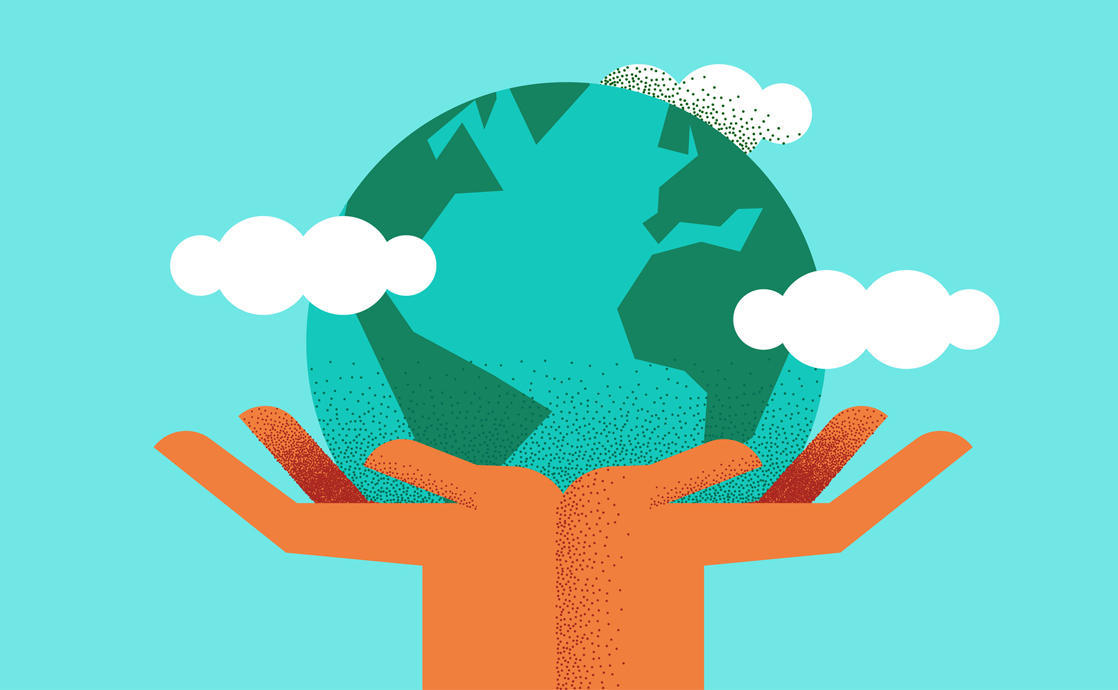The question of whether the unity of humanity will ever be realized is one that not only evokes profound contemplation but also necessitates scrutiny through the lens of Bahá’í teachings. This exploration, while seemingly existential, poses an intriguing challenge: how can disparate cultures and ideologies find a shared path toward a harmonious existence amidst a myriad of differences?
At the core of Bahá’í thought lies the assertion that the unity of humanity is not merely an aspiration, but a fundamental principle. Bahá’u’lláh, the founder of the Bahá’í Faith, posited that all humanity is like the various colors of a prism, distinct yet part of a singular spectrum. This metaphor encapsulates the idea that diversity is not only natural but also beneficial to the richness of human experience. However, this begs the question: how can we celebrate diversity while simultaneously striving for unity?
To embark on this inquiry, it is critical to understand the foundational tenets of the Bahá’í Faith that underscore the importance of unity. The belief in the oneness of humanity is paramount, suggesting that all people, irrespective of race, nationality, or creed, belong to a single human family. This principle embodies a radical reorientation of social relations, challenging existing paradigms steeped in division. In this context, the Bahá’í perspective encourages individuals to transcend personal biases and prejudices, aiming instead for a collective identity based on shared values.
However, the path to unity is fraught with extrapolations. Amidst the myriad challenges, one must consider the varying interpretations of what unity means. Does it imply conformity? Or does it allow for a plurality of thoughts and customs that coexist without antagonism? The Bahá’í teachings propose the latter. Unity does not necessitate uniformity; rather, it celebrates the collaborative juxtaposition of diverse viewpoints. It acknowledges that true unity is achieved when individuals feel a profound sense of belonging and respect for one another’s unique identities.
Yet, achieving such unity is not merely a theoretical exercise. It involves practical action. The Bahá’í community advocates for building relationships founded on trust and mutual respect. This necessitates active engagement in dialogue and the cultivation of sincere relationships. Community-building exercises, such as collaborative service projects, provide fertile grounds for fostering mutual understanding. One might inquire: how can we effectively engage in such unifying activities in a world increasingly marked by polarization?
The Bahá’í teachings propose that education plays a pivotal role in fostering global unity. An educated populace, well-versed in the principles of interconnectedness and harmony, possesses the tools necessary to dismantle barriers that inhibit cooperation. Furthermore, education serves as a bridge to understanding differing perspectives, an essential component in the quest for peace. It raises the question: are we willing to invest in educational frameworks that prioritize emotional intelligence and intercultural communication as much as academic prowess?
Another vital consideration is the role of governance in facilitating unity. Bahá’í teachings advocate for a system of governance that is both consultative and inclusive. This form of governance seeks to harmonize individual rights with collective responsibility, thus encouraging participation from all sectors of society. The challenge lies in assessing current political frameworks’ efficacy in representing diverse voices. Are contemporary systems responsive enough to the need for authentic representation, or do they perpetuate exclusivity and discord?
In examining the potential for global unity, one cannot overlook the ominous specter of historical injustices, systemic inequities, and conflicts that continue to plague societies. Acknowledging these realities is imperative for meaningful reconciliation efforts. The Bahá’í approach emphasizes that healing the wounds of the past entails recognizing the dignity of all individuals and working collectively toward restorative measures. This prompts a critical reflection: can humanity confront its tumultuous history without falling prey to despair or further division?
The Bahá’í Faith also offers insights into the transformative power of love and compassion. Love, as a force capable of transcending barriers, is celebrated as a central tenet. To cultivate a spirit of unity, individuals must not only commit to love in theory but also embody it in practice. This raised an intriguing question: in our daily interactions, how often do we consciously choose love over indifference or hostility?
Furthermore, the interconnectedness of modern society catalyzes an urgency in the quest for unity. Global crises—be they environmental, economic, or social—demand collective responses. The Bahá’í teachings call for a global consciousness that recognizes shared destinies amid individual differences. In this sense, the unity of humanity becomes a clarion call for collaborative solutions, compelling us to ask: are we ready to embrace our shared vulnerabilities and work together for a common good?
In conclusion, the question of whether the unity of humanity will ever happen invites us to engage with a plethora of complex issues. Drawing from Bahá’í teachings, the answer rests not solely in an idealistic vision but rather in the tangible actions we take toward fostering unity. By prioritizing education, embracing diversity, establishing representative governance, and cultivating love and compassion, humanity may yet navigate its path toward a unified existence. As we ponder this challenge, let us remain hopeful and resolute, creating spaces for dialogue and understanding in our journey toward oneness.
